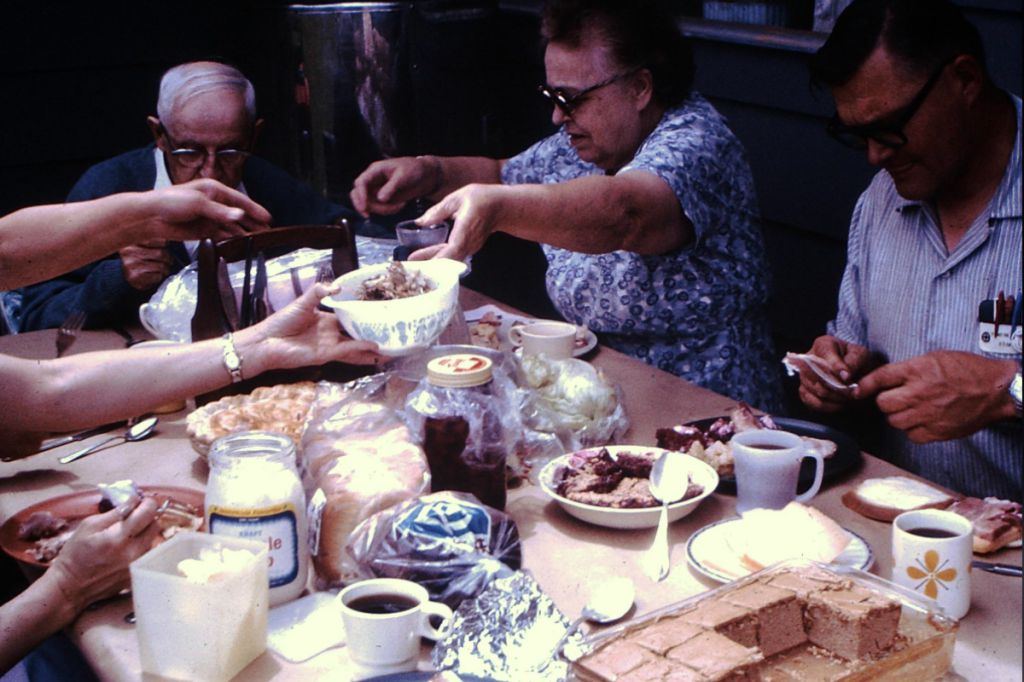How we talk about Black Lives Matter protests across America is often a reflection of how we personally feel about the fight for racial equality itself. We’re all biased toward our own preferences and a fractured news media hasn’t helped things by skewing facts, emphasizing preferred narratives and neglecting important stories, oftentimes out of fear that they might alienate their increasingly partisan and entrenched audiences.
This has been painfully clear in how we report on and talk about the protests themselves. Are they organized by Antifa and angry mobs of BLM renegades hell bent on the destruction of everything wholesome about America? Or, are they entirely peaceful demonstrations in which only the law enforcement officers are the bad actors? The uncomfortable truth is that both extreme narratives ignore key facts. The overwhelming majority of protests have been peaceful.protests have been peaceful. The facts there are clear. And the police have also provoked acts of aggression against peaceful demonstrators, leading to injuries and unnecessary arrests. Yet, there have been glaring exceptions of vandalism, intimidation and violence in cities like Portland, Seattle, and most recently, Louisville. And while some go so far as to quite literally defend looting, that’s a view far outside the mainstream of nearly all Americans across various age, racial and cultural demographics.
But what if we step away from the larger philosophical debate and narrow things down to one very important fact: the vast majority of those stirring division at protests are white.
And if you don’t believe me, just listen to Durham, North Carolina’s mayor and what he had to say about how white people are “hijacking” Breonna Taylor’s legacy and transforming a movement that has suddenly split Americans after having near unanimous support just a few months ago.
“People who inflicting the damage last night are not advancing the calls to justice, in fact what they are doing is co-opting this movement for racial justice for their own purposes,” Durham Mayor Steve Schewel, who is white, a Democrat, and who publicly supports the Breonna Taylor protest movement, said at a press conference Wednesday night before a grand jury issued a charge against one of the officers involved in the Taylor shooting. “The folks that were inflicting the damage last night were white. I want to be really clear about this. I believe that is an indication of the fact that this is an attempt to co-opt a racial justice group. This is not something we can accept.”
Schewel’s words are important for a few reasons. White people who want to make racist protests all about themselves are the epitome of what non-white people say is the problem: white people enacting a solipsistic worldview even when supposedly fighting for the rights of non-white people. White people, we just can’t seem to get over ourselves.
However, this co-opting of Black voices also extends to the bad actors who oppose equality. Local Black activist Paul Scott pointed out in the same story that much of the violence and vandalism is being perpetrated by white people who are actively against the Black Lives Matter movement.
“There has been a history in this country of white anarchists manipulating Black suffering,” Scott said. “In this country right now, courtesy of the man in the White House, there is a civil war going on between White people and they’re using Black people as political pawns.”
There are no quick and easy answers to the larger debates over police reform and racial inequality. But there are a few easy to follow guidelines if you’re a white person who wants to fight for justice. Let’s stop assuming we have all the answers. And let’s stop using these protests as an opportunity to vent our frustrations over President Trump and the coronavirus in violent and anti-social ways. That energy can be directed toward amplifying Black voices, countering racist voices and standing in solidarity with the march toward progress.
Think about it this way, without the distraction of so-called riots, the media would be under even more pressure to focus on the real issues at hand, not whether someone was throwing tuna fish at cops. The last thing Trump, racists and counter-protestors want is an honest debate about what to do about our country’s systemic racism. Let’s bring the focus back to that so we can all move forward together.






















